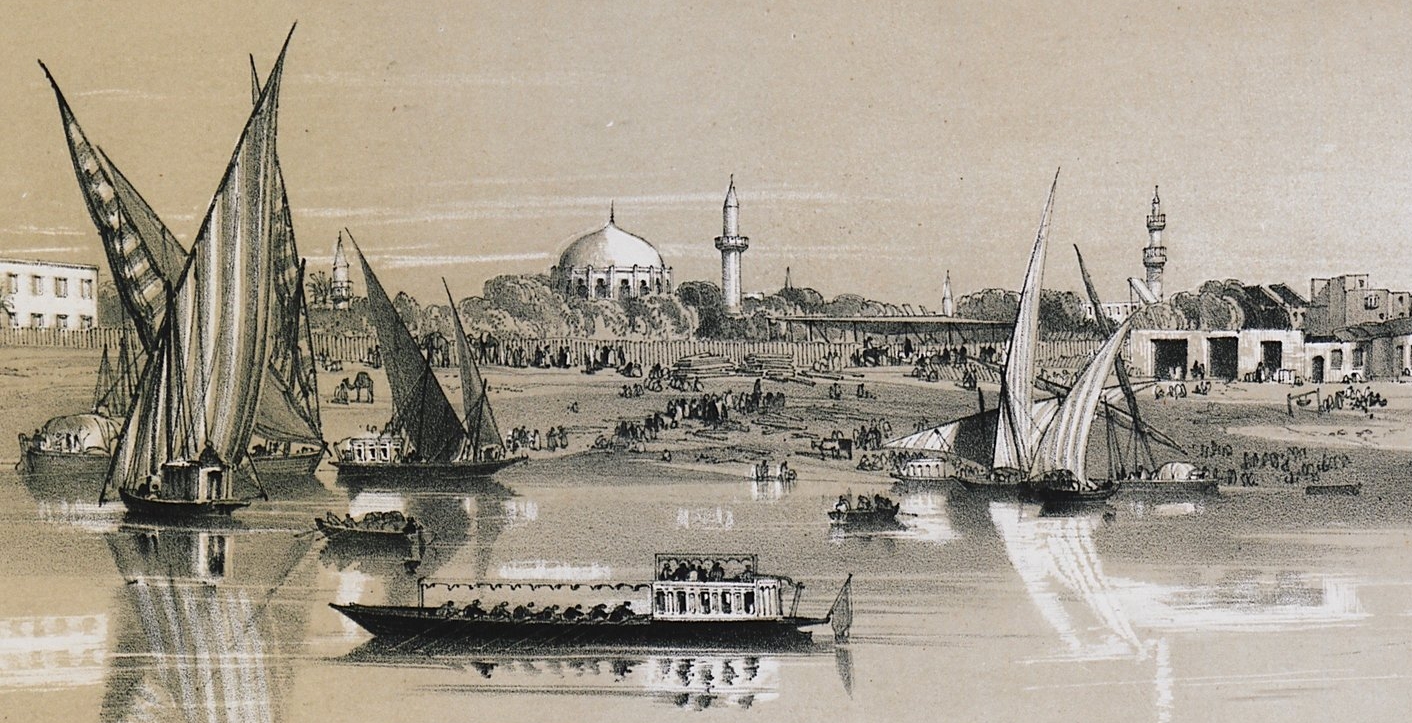5: Sacred Cows
In this episode of BULAQ we highlight several new and forthcoming translations from Arabic to English. We also discuss the newly translated Concerto Al Quds by the renowned Syrian poet Adonis, as well as Adonis’ own status as an artist and public intellectual, and his stance on religion and revolution.
Show notes
ArabLit’s list of works forthcoming in translation Winter-Spring is available online. Do keep in mind that, with smaller publishers, release dates can shift.
Banthology, ed Sarah Cleave, part of Comma Press’s “banned nations showcase,” is appearing this January 2018 in the UK, and from Deep Vellum in the US in March. The stories are by Anoud (Iraq), Wajdi al-Ahdal (Yemen), Ubah Cristina Ali Farah (Somalia), Najwa Bin Shatwan (Libya), Rania Mamoun (Sudan), Fereshteh Molavi (Iran) & Zaher Omareen (Syria).
The Iraqi author Hassan Blassim has published several collections of stories with Comma Press, and edited the collection Iraq +100.
Frankenstein in Baghdad, by Ahmed Saadawi, translated by Jonathan Wright, is forthcoming from Penguin Random this month, as we celebrate the 200-year anniversary of the publication of Frankenstein. It won the 2014 International Prize for Arabic Fiction.
Arwa Salih’s Stillborn, translated by Samah Selim, is forthcoming from Seagull Books this month.
Jabbour Doauihy’s Printed in Beirut is forthcoming from Interlink this March, in Paula Haydar’s translation. His great liar-narrator referred to is Eliyya in June Rain (also translated by Haydar) and the Christian-Muslim confusion is in his Homeless, sometimes translated as Chased Away.
Pearls on a Branch: Tales From the Arab World Told by Women, collected by Najla Jraissaty Khoury, translated by Inea Bushnaq, is forthcoming from Archipelago. Used copies of Bushnaq’s delightful Arab Folktales, published in 1986, can still be found.
Concerto al-Quds, by Adonis, translated by Khaled Mattawa, was released this month by Yale University Press. Two essays we mentioned were “The Man Who Remade Arabic Poetry,” by Robyn Creswell, and Sinan Antoon’s “The Arab Spring and Adonis’s Autumn.” You can also read Kareem James Abu-Zeid’s response to Antoon’s essay, and Antoon’s critique of Mattawa’s previous translation, Adonis: Selected Poems.




